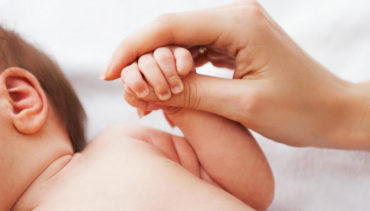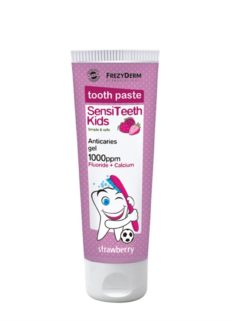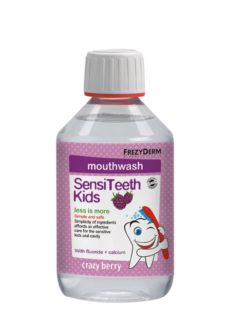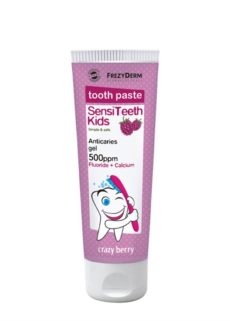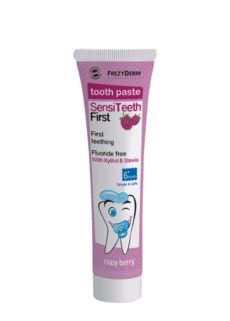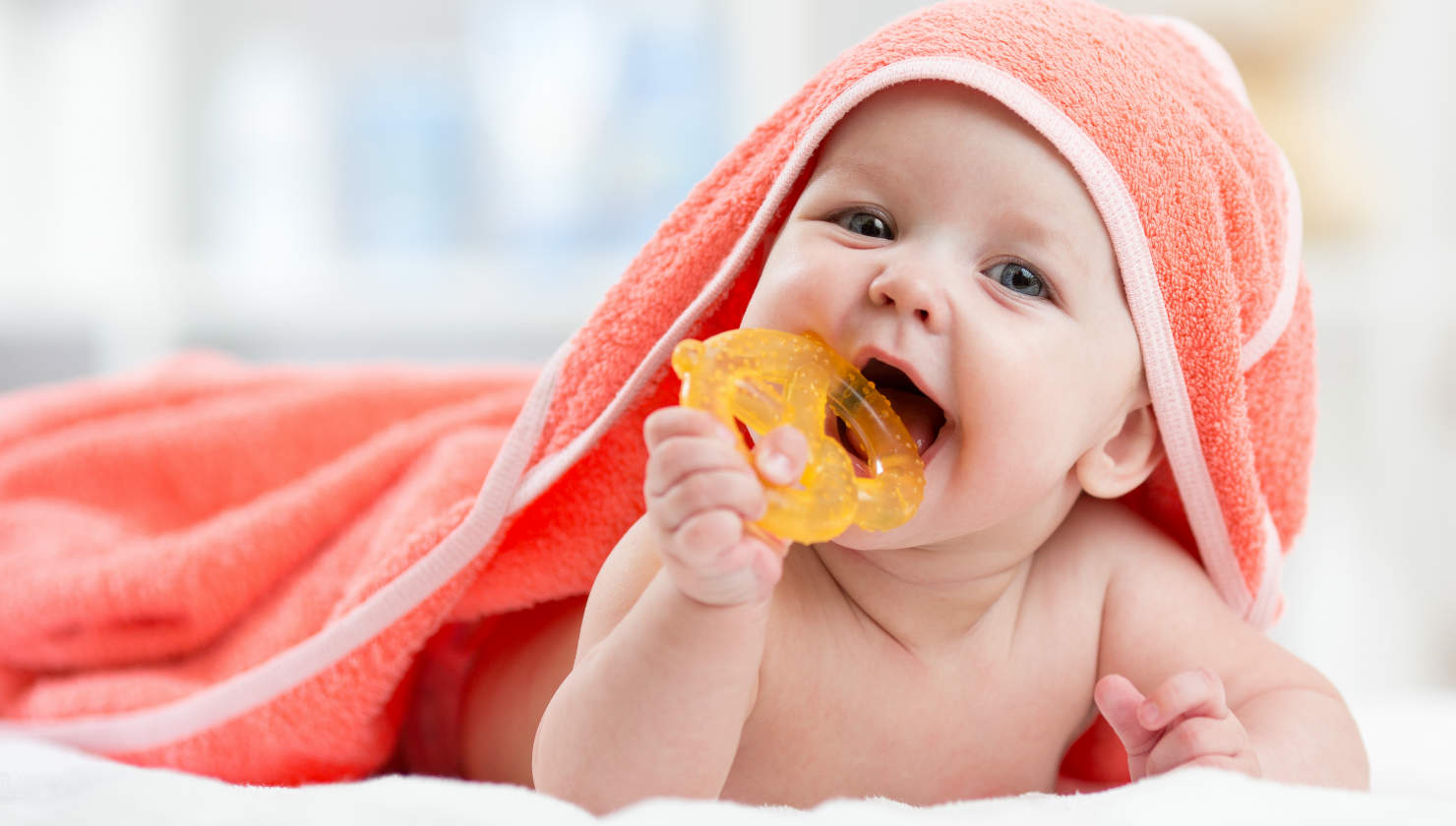
Teething baby? Your how-to-handle guide.
The process of your baby growing teeth, can be awkward and a tad painful, but also one of the most significant stages of growing. Your little angel is growing their own choppers and soon will be less depended on you feeding them.
Some interesting facts about this special baby milestone:
- Your baby will begin sprouting its first teeth around 4-7 months.
- Babies have already developed their tooth buds since the womb, while some babies are born with one or two teeth, aka milk teeth.
- Their first teeth will sprout around 3-7 months. Really late bloomers may reach their first year to do so.
- By the time they’re 3 years old, they will have ended up with a mouthful of choppers.
- Parents are generally advised to supervise their children’s brushing routine until the age of 6.
Your baby during their teething period will probably show signs of:
- Sleeping problems
- Refusing to eat
- Will tend to bite
- Irritability or fussiness
- Gum swelling
- Drooling, which may lead to perioral irritation
These are signs of the stress your baby is going through this phase.
Relieve its agony with the following tips:
- Give your baby something to chew: Try a wet washcloth or a teething ring after keeping it in the refrigerator. The cold makes gums number and tames the irritability.
- Cold food may also help. Some yogurt or some cold applesauce may make your baby smile again.
- If your baby has developed a drool rash as a result of the teething process, try a cream that minimizes soreness around the perioral area.
- Try massaging its gums. With clean hands, apply a teething gel on your baby’s gums and try rubbing against them to relieve the pressure your baby feels from the teeth breaking through its gums.
Remember! It’s the first teeth that will be the fussiest. Your baby will soon get used to it after the first 2-3 teeth and act cooler!





